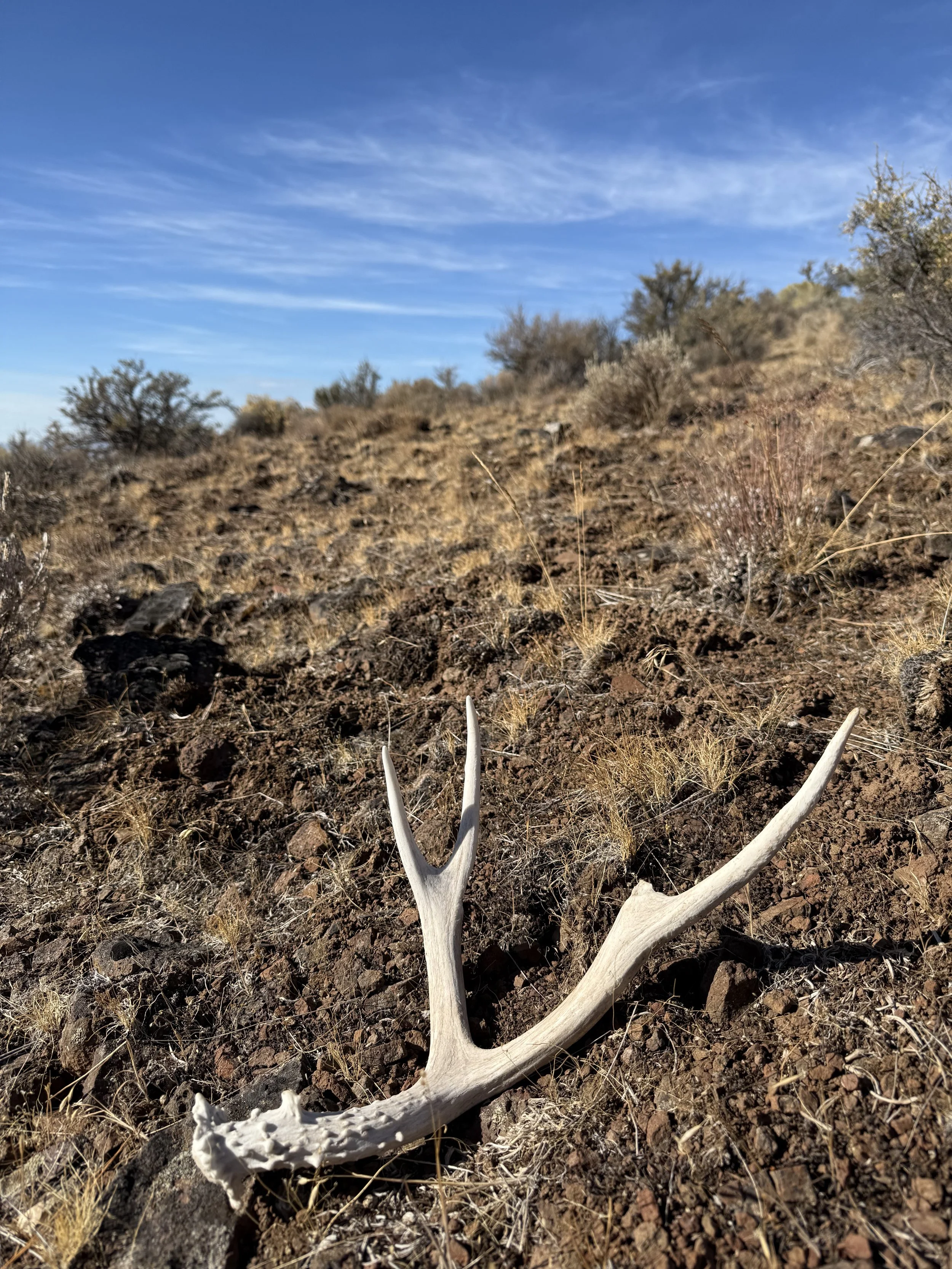Ellensburg
Wildlife Trailing
Evaluation
Trailing Bears in the Dunes!
Ellensburg Wildlife Trailing Evaluation
Trailing Evaluation is Currently Sold Out
Monday June 10th/11th 8:30 - 4:30
(two world class instructors 4 person total )
Shrub-steppe is a very diverse ecosystem and has species found nowhere else in Washington!
Shrub-steppe is a vital habitat for sage grouse, pygmy rabbits, mule deer, pronghorn antelope and dozens of other bird and animal species, the sagebrush sea is a sprawling shrub-steppe ecosystem stretching from the eastern flanks of the Rocky Mountains in Montana and Wyoming through the Great Basin of Nevada and Utah north to eastern Washington and Oregon. Core winter range for mule deer and home to endangered grouse, pronghorn. Shrub-Steppe description from Conservation Northwest.
At a Trailing Evaluation, every participant takes a turn as lead tracker. The goal is to follow an animal’s fresh spoor (any presence of the animal) to locate it on the landscape, guide the group to approach and observe it, and, finally, to exit the area without alerting the animal to any human presence. Every tracking situation is different, so we are always in the position of having to “figure it out.” This uniqueness also results in variations to the exact experience of each participant, dictated by field conditions and animal behavior.
We teach participant how to follow spoor (any presence of the animal), recognize and interpret tracks & sign, anticipate where the trail is going, read the trail for danger, interpret the ecological context of the trail, and approach the animal, if the occasion arises.
We typically follow any of the ungulates, especially deer, elk, moose, feral hogs, javelina, and bighorn sheep; however, participants should be prepared to follow the trail of any animal large enough to leave sign, e.g., bears. To understand more and get a description of Trailing Evaluations click here. There is a great video here Dave & Casey did that explains what Trailing and animal means.
Basic Requirements and skill sets
Trailing I Certificate: The candidate must be a fair systematic tracker and be able to track humans or large animals. He or she must have a fair ability to judge the age of spoor. To qualify for the Trailing I certificate the candidate must obtain 70% on the Trailing of a human or large mammal spoor.
Trailing II Certificate: The candidate must be a good systematic tracker and be able to track large animals. He or she must have a fair ability to judge the age of spoor. To qualify for the Trailing II certificate the candidate must obtain 80% for the Trailing of a large mammal spoor.
Trailing III: The candidate must be a good systematic tracker and be able to track medium or large animals. He or she must have a fair ability to judge the age of spoor. To qualify for the Trailing III certificate the candidate must obtain 90% on the Trailing of a medium or large mammal spoor.
Your instructor Casey McFarland is a Senior Tracker and CyberTracker Evaluator working internationally to train and certify biologists, research teams, eco-tourism guides and the general public. Casey runs Track & Sign and Trailing Evaluations, as well as a variety of backcountry expeditions and wildlife courses. In 12 years as an Evaluator, Casey has run over 150 Evaluations and given trainings in 8 countries, and as an External Evaluator he oversees Track & Sign Specialist Evaluations. He was integral to the establishment CyberTracker Europe, and currently sits as President of CyberTracker North America.
Your instructor David Moskowitz is the author and photographer of three books: Wildlife of the Pacific Northwest and Wolves in the Land of Salmon and Caribou Rainforest; and co-author of Peterson Field Guide to North American Bird Nests. David works as a wildlife biology consultant and photographer. He has contributed his technical expertise to a wide variety of wildlife studies, focusing on using tracking and other non-invasive methods to study wildlife ecology and promote conservation. He helped establish the Community Wildlife Monitoring Project, a citizen science effort to search for and monitor rare and sensitive wildlife in the Cascades and other Pacific Northwest wildlands.
Full Refunds minus $50 processing fee given before 30 days of program after that I will honor a credit If I can fill your spot!
Please note these are small classes so a late cancel might mean you forfeit your payment but most importantly with a late cancel someone loses an opportunity to take the trailing evaluation.

